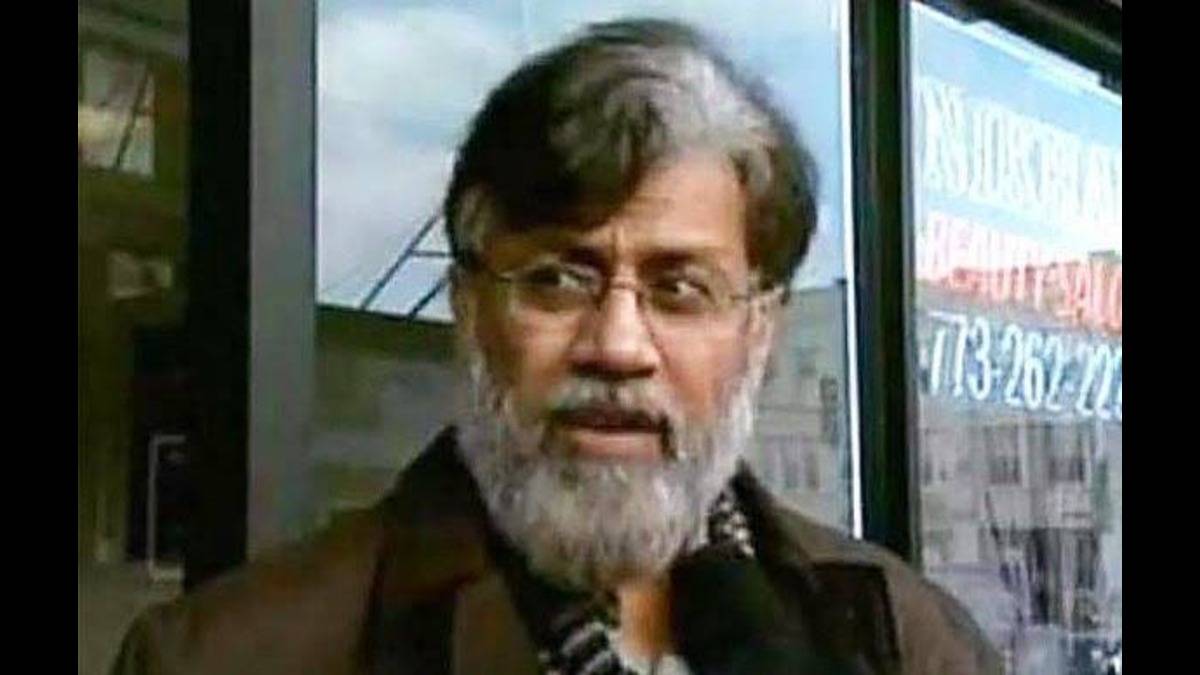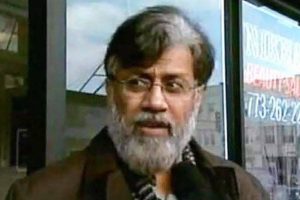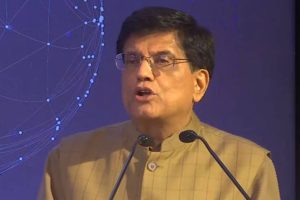India’s successful extradition of 26/11 Mumbai terror accused Tahawwur Rana from the United States was the result of a two-pronged approach combining legal strategy and diplomatic outreach, sources told ANI.
A key element in securing the extradition was India’s ability to counter the double jeopardy argument raised by Rana’s legal team. The principle of double jeopardy, which prevents an individual from being tried twice for the same offense, was central to Rana’s defense. However, Indian legal experts effectively argued that the doctrine applies to specific legal elements of a crime, not merely the conduct involved. They emphasized that Rana’s prosecution under India’s Unlawful Activities (Prevention) Act (UAPA) did not violate this principle.
Rana’s counsel had earlier approached the U.S. Supreme Court seeking to overturn a lower court’s decision to extradite him, citing the double jeopardy clause. The apex court, however, denied the petition, paving the way for his transfer to India.
The second crucial factor was India’s robust diplomatic engagement with the U.S. Officials familiar with the extradition process revealed that New Delhi’s strong bilateral relations with Washington, coupled with its growing global influence, helped overcome procedural and legal hurdles in the case.
Meanwhile, official sources confirmed that trial court records related to the 2008 Mumbai terror attacks — naming both Tahawwur Rana and David Coleman Headley as accused — were recently received by Delhi’s Patiala House Court. The records had been recalled from Mumbai following an application by the National Investigation Agency (NIA) in January.
Rana, a Pakistani-Canadian national, was convicted in the U.S. for aiding the banned terrorist organization Lashkar-e-Taiba and providing material support to its operatives involved in the Mumbai attacks, which left over 174 people dead.
In a move to bolster the prosecution, the Indian government has appointed Advocate Narender Mann as Special Public Prosecutor for the trial and related legal proceedings under the NIA case RC-04/2009/NIA/DLI.
Rana’s extradition marks a significant milestone in India’s long-standing efforts to bring all perpetrators of the 26/11 attacks to justice.





